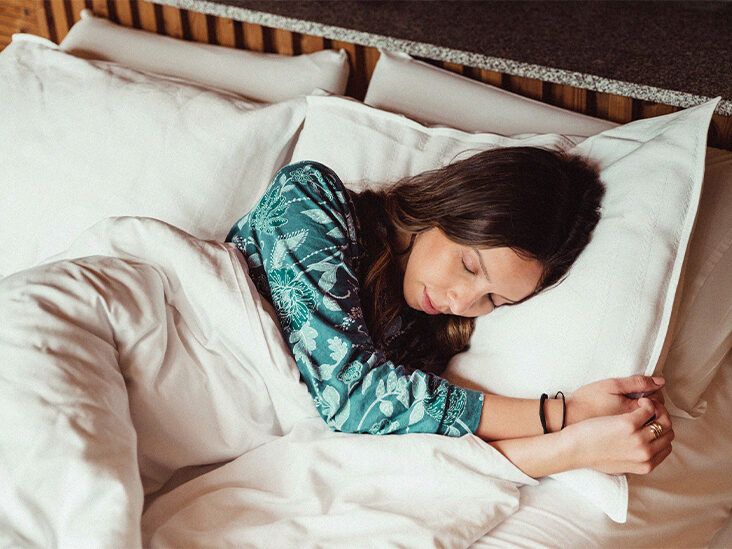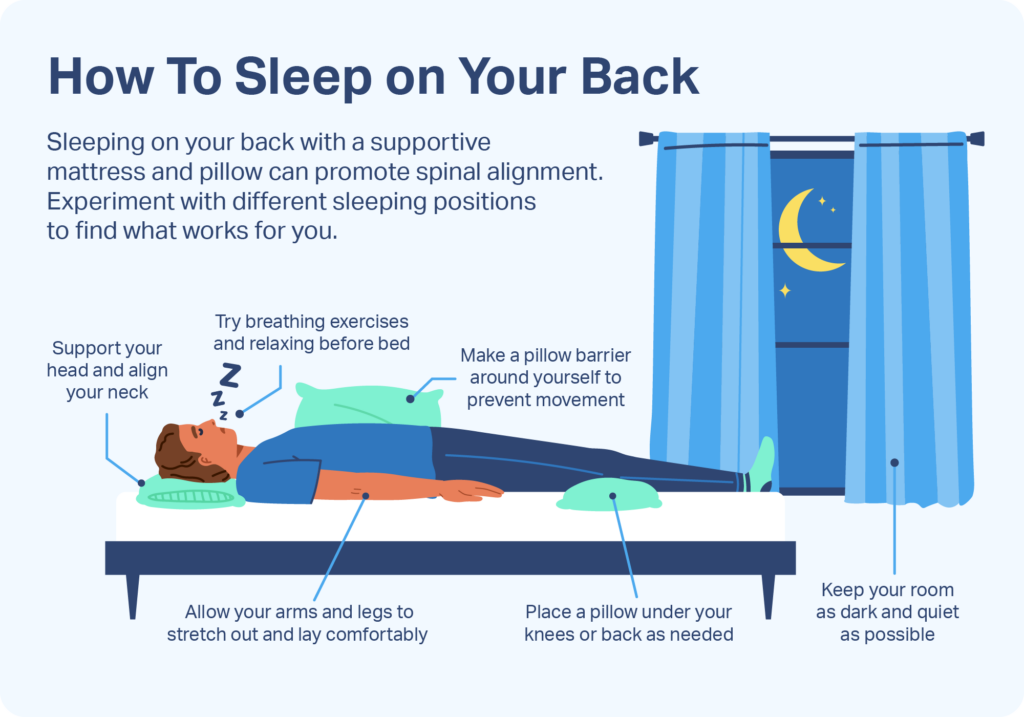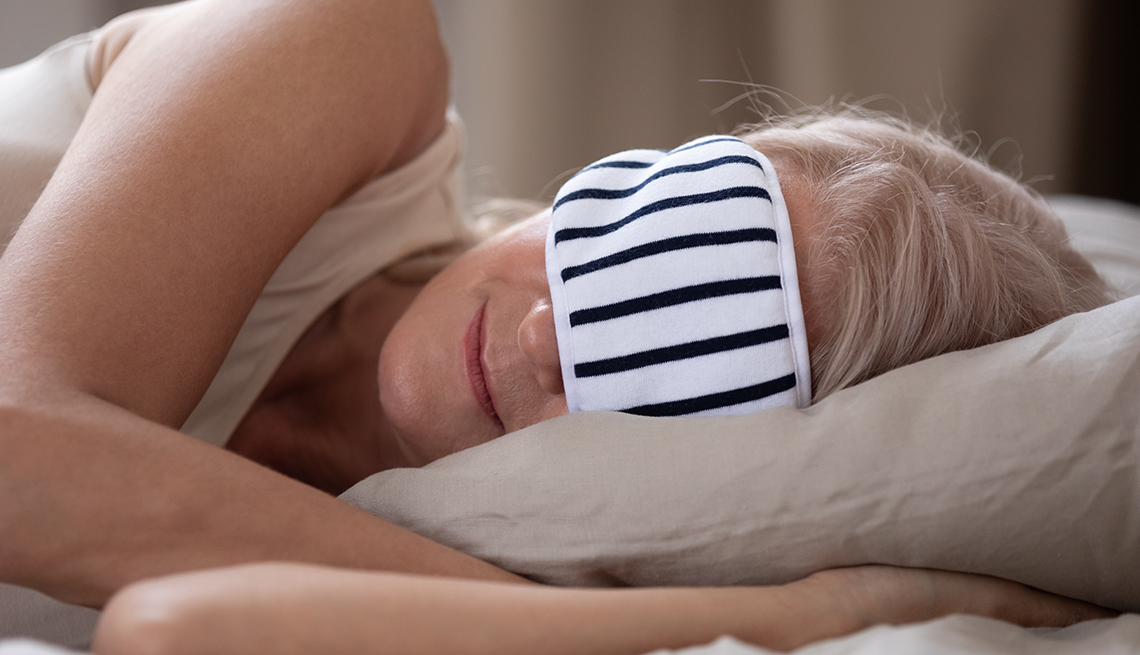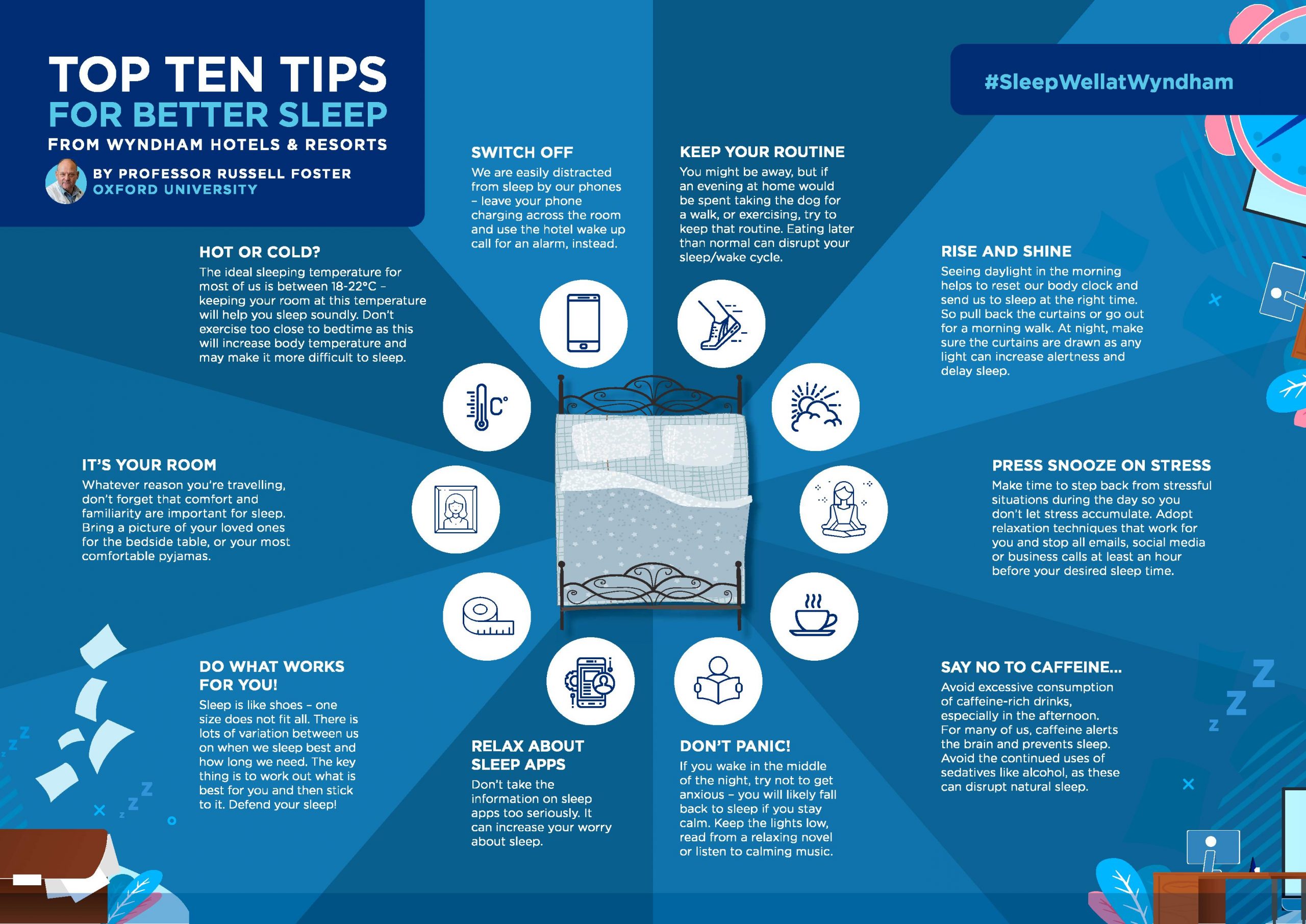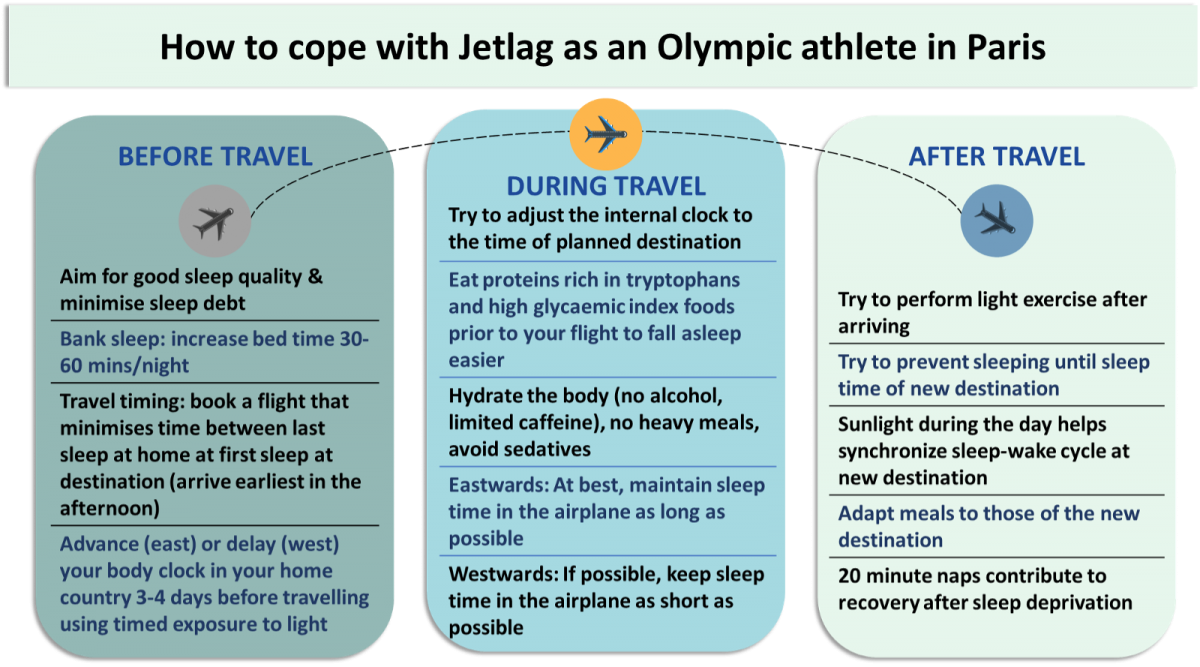Getting quality sleep is essential for health, mood, and productivity, but it’s often disrupted by daily routines or travel. Whether you’re optimizing your bedroom at home or battling jet lag on the road, small changes can make a big difference. This guide draws from expert advice to help you sleep better in both scenarios, incorporating tips like consistent routines, environmental adjustments, and smart packing.
General Sleep Hygiene Tips (Applicable Anywhere)
These foundational practices form the basis for better rest, whether at home or away:
- Maintain a Consistent Schedule: Go to bed and wake up at the same time daily, even on weekends or trips, to regulate your circadian rhythm.
- Limit Screen Time: Avoid screens at least 1 hour before bed; blue light suppresses melatonin. Use apps or night modes if needed.
- Exercise Regularly: Aim for 30 minutes of moderate activity most days, but not too close to bedtime.
- Watch Your Diet: Avoid heavy meals, caffeine (after noon), and alcohol near bedtime. Opt for light snacks like bananas or chamomile tea.
- Relaxation Techniques: Practice deep breathing, meditation, or journaling to unwind.
Improving Sleep at Home
Your home environment is controllable, so focus on creating a sleep sanctuary:
- Optimize Your Bedroom: Keep it cool (60-67°F/15-19°C), dark, and quiet. Use blackout curtains, a white noise machine, or earplugs. Invest in a supportive mattress and pillows.
- Establish a Bedtime Routine: Wind down with reading, a warm bath, or gentle yoga. Avoid work or stimulating activities in bed.
- Manage Light Exposure: Get natural sunlight during the day to boost alertness, but dim lights in the evening.
- Track and Adjust: Use a sleep tracker app or journal to identify patterns, like how caffeine affects you, and tweak accordingly.
- Consider Supplements: If needed, try melatonin (start low, 0.5-3mg) or magnesium, but consult a doctor first.
Improving Sleep While Traveling
Travel introduces variables like time zones, unfamiliar beds, and noise, but preparation helps:
- Prepare for Jet Lag: Adjust your sleep schedule gradually before departure. For eastward travel, go to bed earlier; westward, later. Use light exposure strategically—seek sunlight upon arrival to reset your clock.
- Pack a Travel Sleep Kit: Include an eye mask, earplugs or noise-canceling headphones, a neck pillow, and a lightweight blanket. Bring familiar items like your pillowcase or essential oils for scent cues.
- Adapt to New Environments: Request a quiet room away from elevators. Use hotel amenities like blackout shades or fans for white noise. Sync meals to local time to help your body adjust.
- Stay Active and Hydrated: Walk or stretch during layovers to combat fatigue. Drink plenty of water and avoid excessive alcohol on flights.
- Replicate Home Routines: Do your usual pre-bed rituals, like reading or breathing exercises, to signal sleep time.
Recovering Sleep After Travel
Upon returning home:
- Resume your normal routine immediately—unpack, eat familiar meals, and stick to your usual bedtime.
- If jet-lagged, take short naps (20-30 minutes) but avoid long ones. Get outdoor light to realign.
- Be patient; it can take a day per time zone crossed to fully recover.
If sleep issues persist, consult a healthcare professional—they might recommend cognitive behavioral therapy for insomnia (CBT-I) or rule out underlying conditions. With these strategies, you’ll wake up refreshed, ready to tackle your day or adventure. For more personalized advice, check resources like the Sleep Foundation.

